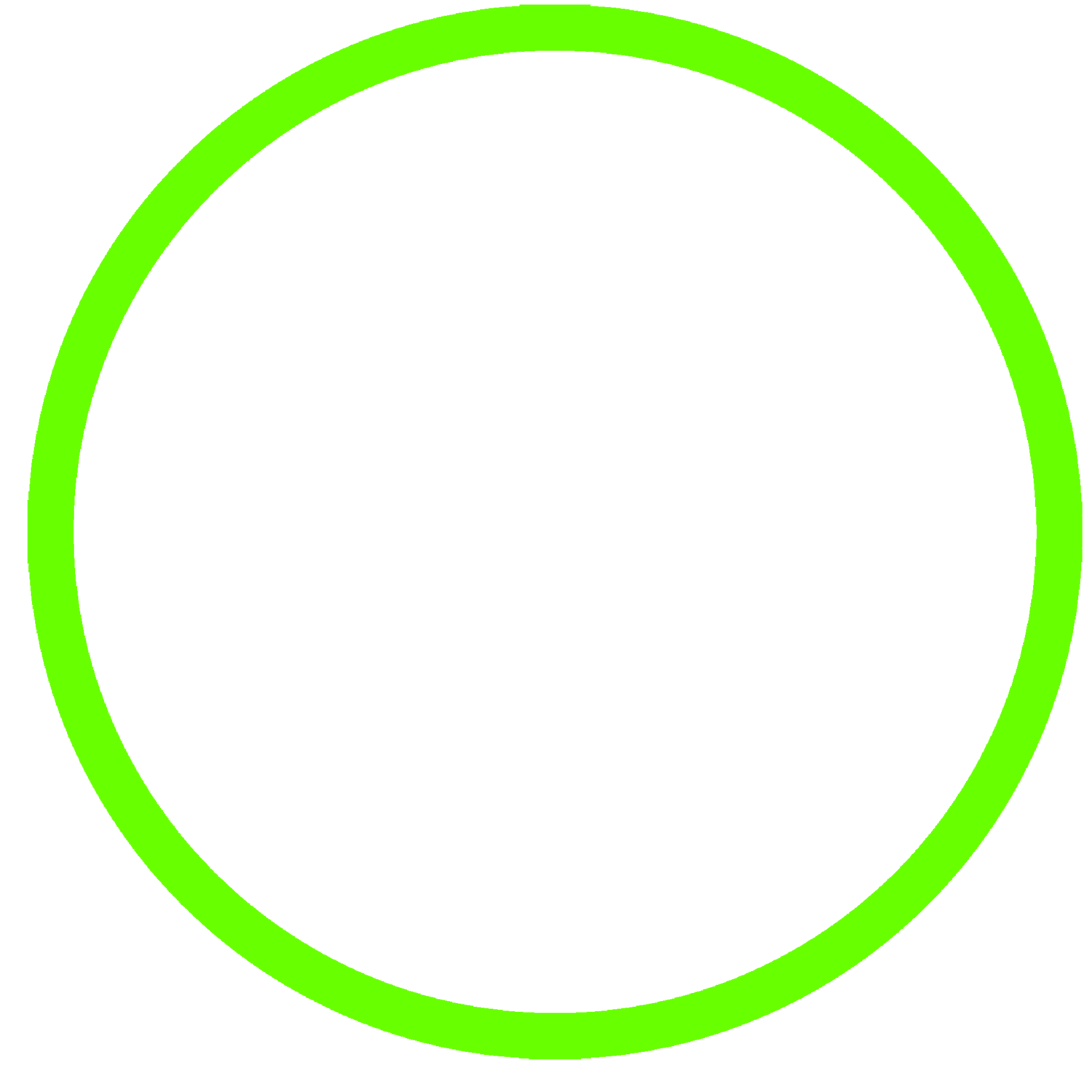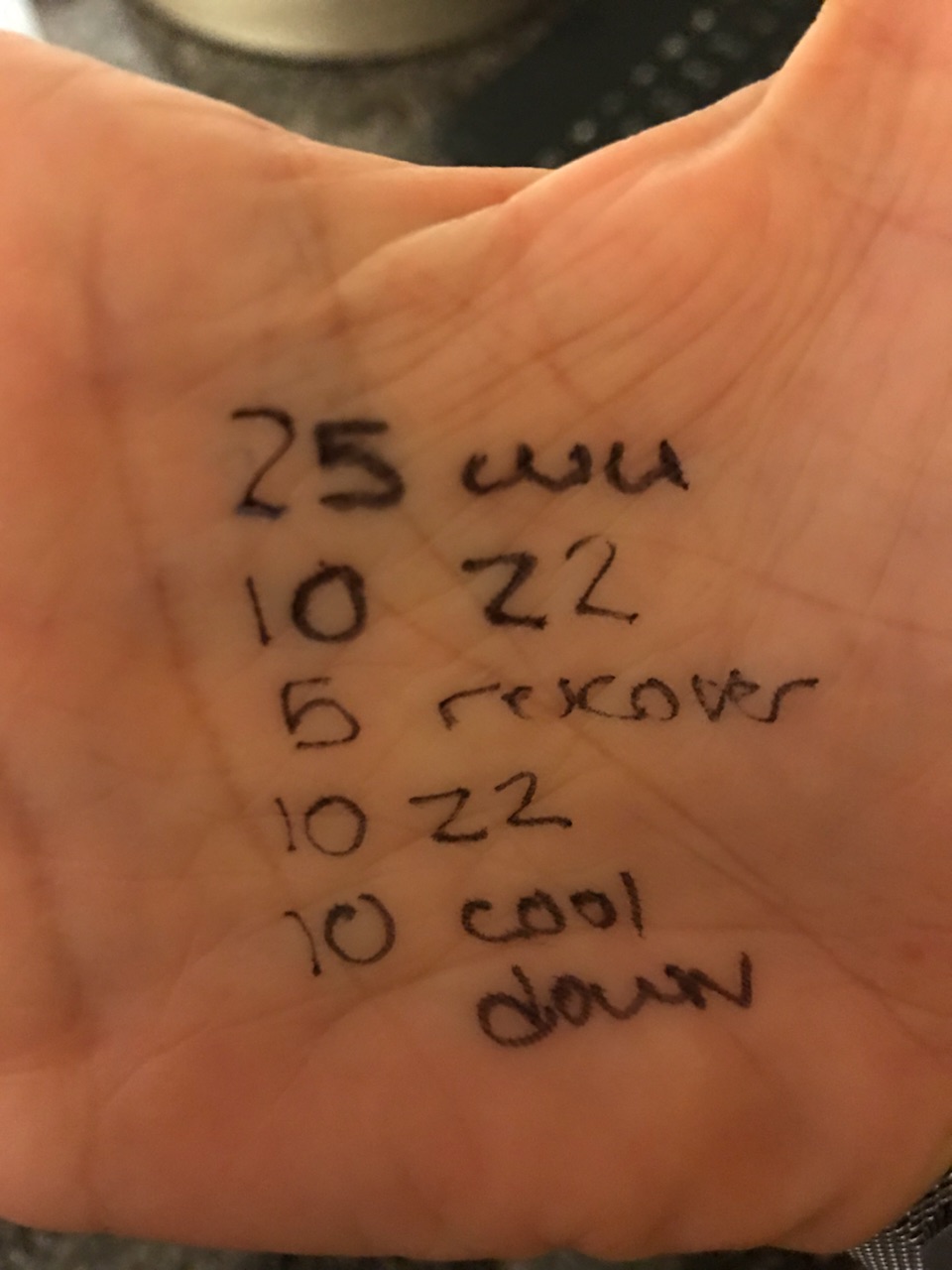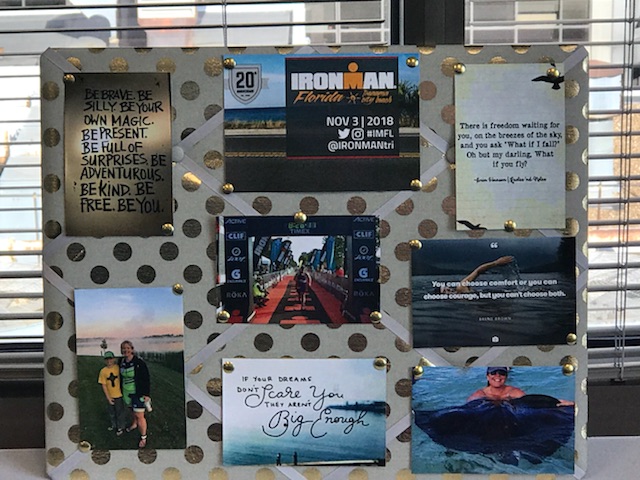Fall racing is upon us! I was originally going to write about how to handle the last long build weeks as you approach your late season A race - but instead I have been reading and thinking a lot about the effects of daily stress on exercise and wanted to share a few ideas about how to handle it as we near the remainder of the 2018 season.
It’s a double-edged sword.
While we are all excited as a big race draws near, we are also human and subject to a certain level of anxiety about the race. At times the excitement can get clouded by the stress of the race approaching.
We know that stress is not a good thing for racing and training.
And yet, many of us (myself included) can get caught up in stressing over the work that needs to get done in the weeks leading into the race and the outcome of the race.
Why is stress bad? I know you know many of the reasons, as there are a host that are bad for both mental and physical, but I want to address one very specific outcome that stress has on the endurance athlete. In a study done by the amazing Samuel Macora (if you do not know who he is, you should check out his research, he’s amazing) he found, what I believe to be the most important reason to try to mitigate as much stress as you can leading into and of course on race day - stress raises your rate of perceived exertion. Rate of perceived exertion, simply put, is the way that you feel about a given workload on a specific day. If you use metrics in your training such as heart rate, power, or pace, than you should have a solid idea about how a specific heart rate, power effort or pace usually feels. And you should also know that there are many days, especially in the heat of summer where your zone 1 pace, might feel like your zone 3 pace. This means that your RPE is higher than it would normally be, which will alter how you feel about the work you put in and more importantly how you feel while you are doing the work.
Why is RPE important as an endurance athlete, and in fact it might be the only thing that really matters in some ways, it is important because when you workout you are in a constant loop of feedback between your brain and your body. Think about your last workout, the loop of thinking is usually something like this, “Ok, I feel pretty good” quick glance at your watch, “Heart rate looks good too.” The feedback it then positive. One mile later on your normal hill in your neighborhood you start to feel the HR rise and by now the heat is getting to you, your RPE is up and your mind then checks in with the body. “Okay, I’m feeling it, but not as bad as x run a few weeks ago.” You know the pattern or the loop that runs in your head when you workout.
This conversation that we have about how we feel on a given day can be what makes or breaks the workout. If you run with mile splits on your watch, think about when the alert pops up with a number that somehow means it’s a good run - the feedback loop is positive. This usually results in the remaining miles being better (or perceived to be better) due simply to the positive outlook you had for the first mile. There is a host of research that would suggest that the way you felt about that first mile is why those other miles felt so effortless.
How you feel about any given moment of any given workout matters more than your biological response to the work load in many ways.
And stress greatly affects how you feel about how you feel!
What can you do?
Obviously you can’t get rid of all of the stress in your life, but here are a few simple tips for dealing with stresses associated with racing.
The week of the race do the following:
Make a checklist of all of the stuff you need. There are several good ones online. Lay out all of your stuff and place it in your bag. You can even put it all on to make sure you have it all.
Make sure you have all the nutrition you need for the week of the race and for race day.
Journal - most people get stressed on race week because they are thinking about all the what-ifs of race day. However, many of those what-ifs when examined can be solved if you spend some time thinking through the solutions.
Write down your worst race fears and then find a solution for each one. We like our athletes to have a plan A and B.
Trust in your training - the work is done. Remind yourself of that when you are stressed about the race. The hay is in the barn.
Race morning:
Make sure that you lay all of your pre-race nutrition out the night before.
Make sure you have a full tank of gas in your car and you know the way to the race.
Allow yourself way more time than you think you will need. This is probably the most important one - rushing to the race on the morning of the race is going to set you up for a stressful race start.
Do what works for you to relieve stress and keep it fun. For some this is being around others. It might also be finding a quiet space alone.
If you travel with others to the race, know that you DO NOT have to follow their routine. As my daughter says - you do you.
Get in the water to warm-up if it’s a triathlon and the race allows. Water has a way of easing stress.
Take a few moments to visualize your best race.
Finally, remember your WHY!
I will leave you with this final thought - nerves on race day mean you care. They mean you want to perform well. We tend to attach negatives to being nervous. Work to shift that mindset - it is worth the time and effort it takes. When you feel a sense of nervousness, know that you can channel that energy for your race. I have been racing for a long time and I have never stood on a starting line where I did not feel a sense of nervousness, but I also know that as soon as I hit the water or the first few steps of my run, that the nerves evaporate and the fun of racing takes over.











